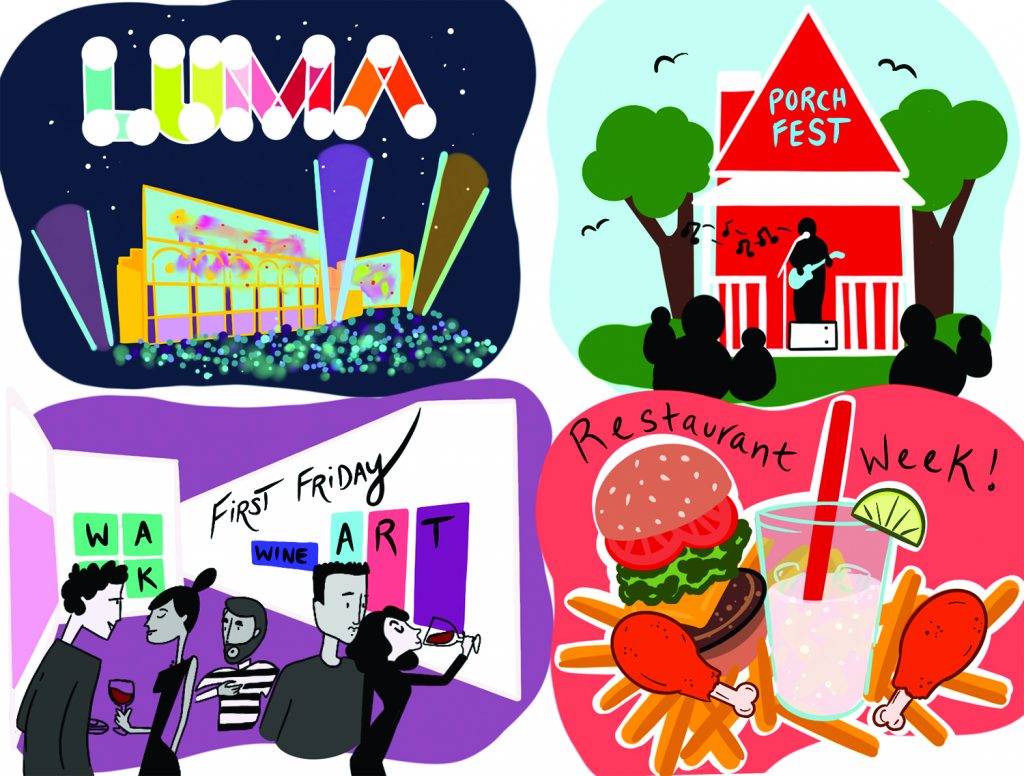In Binghamton, there are endless ways to engage with the local community, from shopping at your corner store to attending events like the recent Porchfest and the upcoming LUMA. With the city’s wide array of places to eat, drink, shop and explore, there’s little reason to not take advantage of the unique opportunities to get involved with the community at large. There are, however, some unfortunate ways that the student body interacts with the more permanent residents of the Binghamton area that have slowly tarnished the image of Binghamton University as a whole.
Some local traditions established by Binghamton residents, like Parade Day, have been taken over by students and evolved into days of drinking and debauchery. Other student favorites, like Santacon, see thousands of 18 to 22-year-olds unexpectedly descending upon the city like locusts to a crop. Imagine for a moment if you were born and raised in Binghamton, missing the days where excessive noise and property damage were not semiannual affairs. It’s easy to dismiss this as a typical college town dilemma and conclude that there isn’t much that can be done to change it. But although the relation students have with their community may never be perfect, that doesn’t mean it has to be this way. It is still worth it to make an effort to improve town-gown relations.
The distance between these rivaling factions is so ingrained in the campus culture that it’s reflected in the lingo of the BU students, who have developed a name to distinguish themselves from those who do not attend classes alongside them. “Townie,” the designation given to non-students in Binghamton, has taken on a negative connotation, perpetuating a narrative of a natural barrier between those who live here and those who come for a higher education. Binghamton, a city that once thrived on its industry, has unfairly become victim to an economy that revolves around the University. There have been times when the Binghamton Police Department has appeared surprised by massive influxes of students in the Downtown area because the University Police Department had not notified them of the plans, preventing them from preparing the necessary safety measures.
One notable example of positive University-community interaction can be seen with the Town-Gown Advisory Board, which, while a work in progress, has at least attempted to develop a conversation around how to unify the two demographics. The charitable work done by the fraternities and sororities of BU also serve to mitigate some of the less-than-appropriate instances of student partying. Anyone in the area can go beyond these groups to accomplish similar goals, too. Something as simple as going to the Saturday morning farmers market or volunteering with the local chapter of the Red Cross can help close the gap that keeps student-local animosity alive.
All this isn’t to say that fun can’t be had. An argument can be made that part of being a college student is going out and enjoying yourself. But that fun becomes an issue when it damages the already strained relationship with the local community. Working to establish a healthier bond with the community isn’t going to create results immediately, but every step forward is an important one. With Labor Day weekend just ahead, the Editorial Board asks that you remember BU is not just a school; it’s part of a larger community — and so are you.



